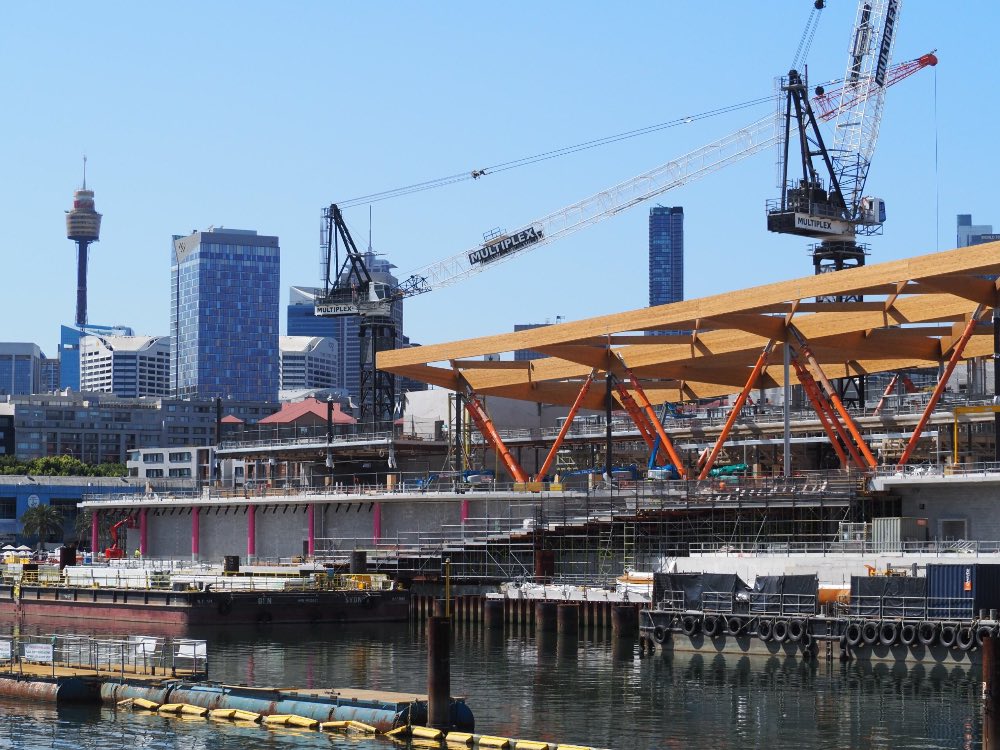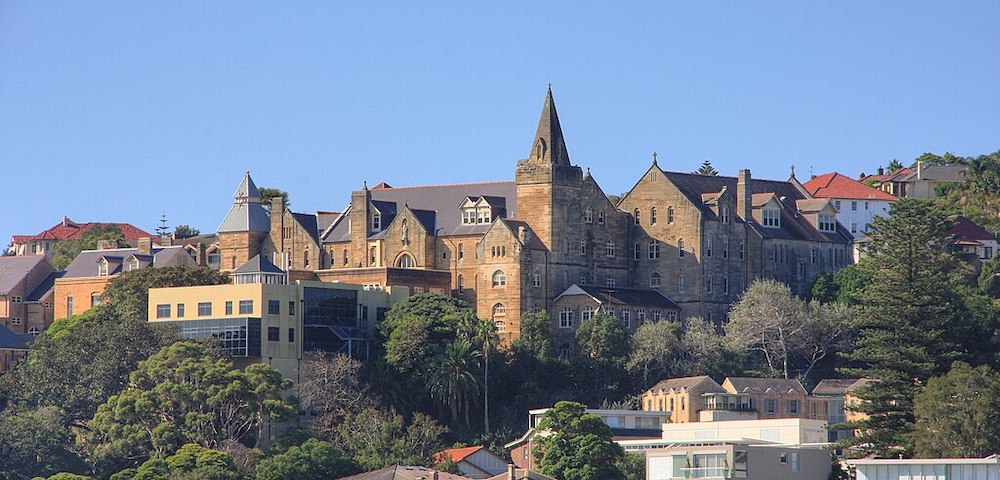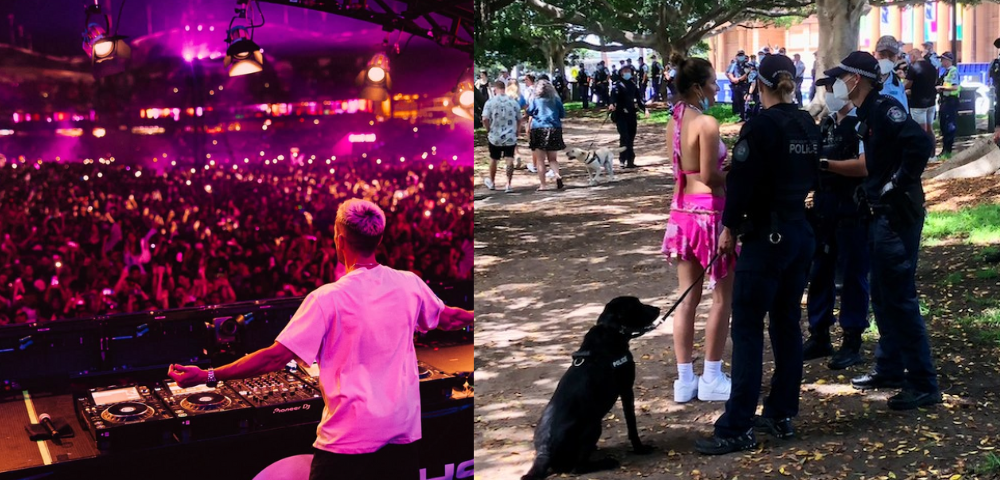

by HOPE PRATT
In 1965, 30 students from the University of Sydney, led by Charles Perkins, set off on a tour of regional NSW inspired by the US Civil Rights Freedom Rides of 1961. Their journey set out to expose the discrimination and injustices faced by Aboriginal communities in rural NSW.
A key player in these efforts was Wayside Chapel and the work of its founder, Reverend Ted Noff.
Rev. Noff was a mentor to Charles Perkins, and encouraged him both in his advocacy and his university career. Wayside was also the first office of the Foundation for Aboriginal Affairs.
During the Freedom Rides, Wayside acted as a base for the student group. They provided them a meeting space, organised resources, and fielded media enquiries while the students were on the road.
On Thursday 11 July 2024, Wayside chapel received a Blue Plaque to commemorate its efforts as a key assembly site for the Freedom Riders, and to honour the connection between Rev. Noff and Charles Perkins.
The Blue Plaque program is an initiative that aims to help people connect with NSW’s hidden history and heritage sites, telling the stories of the people and events that shaped the state.
Eileen Perkins, wife of the late Charles Perkins, said the gesture of the Blue Plaque was “very appropriate” and that her husband would have thought so too, given the relationship he had with Rev. Ted Noffs and his work at Wayside.
Before unveiling the plaque, Uncle Allan Murray, from the Metropolitan Local Aboriginal Land Council (Metro LALC), delivered the Welcome to Country and reflected on this year’s NAIDOC Week theme: Keep the Fire Burning! Black, Loud and Proud.
“Stir that pot. The fires are still lit, the embers are not out,” he said, before leading the crowd in a chant of “Always was, always will be, Aboriginal land.”
Pastor and CEO of Wayside, Jon Owen, echoed Uncle Alan Murray’s comments in his address.
“Fire is for connection, for nurturing, and for lighting a fire beneath us for perseverance in our fight for justice.”
“We are truly honoured to receive the NSW Heritage Blue Plaque to recognise Wayside Chapel Kings Cross as the central coordination site for the 1965 Freedom Ride.”
Freedom Rider, historian, and author Professor Ann Curthoys, noted the importance of acknowledging Australia’s history in its entirety, especially the fight for Indigenous people’s rights that continues today.
“Truth-telling has become a very important part of understanding Australia’s history.” She said, going on to explain the importance of student protest movements in the fight for equality and reconciliation.
The Freedom Rides were a turning point in Australian history. While the Australian Civil Rights movement had begun in the 1930s, racism was largely recognised by the general public as an overseas issue, not a local one.
However, the media coverage garnered by the Freedom Rides shifted this narrative, bringing stark attention to Australia’s racial discrimination, which propelled support for the 1967 Referendum and other social changes.
Professor Curthoys went on to voice her outrage at the University of Sydney’s decision to limit protests on its campus.
She stated that the 72 hour notice system, along with the need for approval in using a megaphone, an amplifier, putting up posters, or a temporary structure were unrealistic expectations.
“[Protests] are very spontaneous. This decision says that [the University of Sydney] doesn’t care about its history.”










